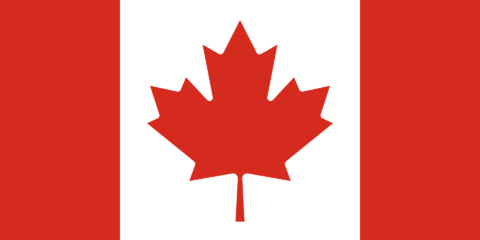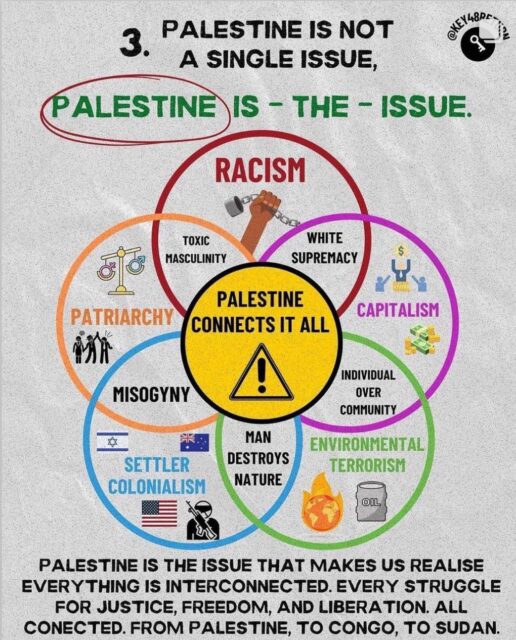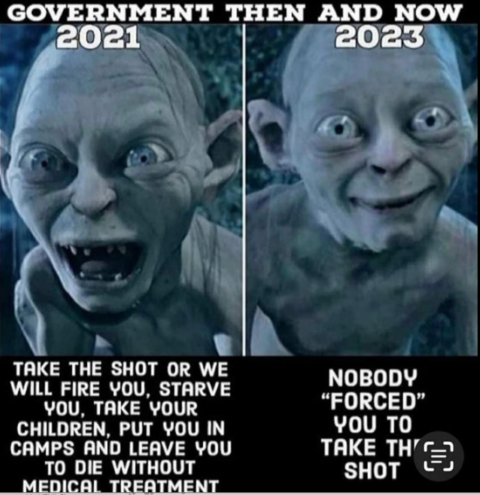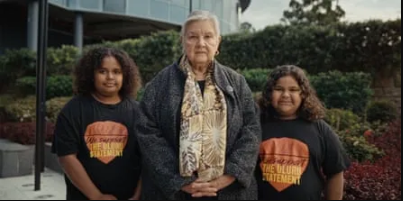We are now three years into the administration of the Covid vaccines, and we have many startling statistical anomalies, including the most basic one of all: a huge mound of extra corpses. Per the EU’s official statistics agency:
Among the eighteen EU Member States that recorded excess deaths, the highest rates were in Cyprus (13.9%), Finland (13.4%), the Netherlands (12.7%) and Ireland (12.5%).
Those percentages are sufficiently high that in the Netherlands, formerly one of the healthiest nations on earth, they’re reducing life expectancy. The ongoing excess deaths are at odds with the normal post-pandemic pattern, such as the Spanish Flu a century ago. The intro to this new scientific paper sets out what’s meant to be happening:
Our approach takes into account age and gender, but also under-mortality that you would expect after a period of excess mortality.
“Under-mortality” occurs because, if the Spanish Flu killed you prematurely in 1920, you weren’t around to die when you otherwise would have done in 1924. Hence, excess mortality is followed by under-mortality. So:
If this under-mortality does not seem to be happening, it is actually hidden excess mortality.
That’s an important point. What Eurostat identifies as an excess mortality rate in Ireland of 12.5 per cent is, as a practical matter, actually higher – because it should be measured against not the pre-Covid baseline but the under-mortality one would have expected four years on. So persistent excess mortality is deeply weird, and, unlike those killed by the virus (where the median age of death by Covid is above most developed nations’ life expectancy), the extra deaths, as we have discussed on The Mark Steyn Show, are skewed towards the young and middle-aged:
We note that excess mortality in the Netherlands remains consistently high during 2020-2022 and has shifted from high to low age and towards men.
In other words, it’s not a general trend of excess deaths, but something more particular. Which, in a normal environment, would suggest something particular is causing it. Aside from excess deaths in “low age”, we also have excess deaths at no age – the babies who aren’t being born. The western world’s jabbed and re-jabbed citizenry has seen a catastrophic slump in newborns. Scandinavia:
The whole region reported sharp declines in fertility rates in 2022. Finland had the lowest fertility rate of all Nordic countries, 1.32 children. This is also the lowest Finnish rate since 1776 when monitoring of fertility rates first started.
Incidentally, that Finnish rate – of 1.3 children per woman – is what demographers call “lowest-low fertility”, from which no society has ever recovered.
Fortunately for officialdom, there was enough Covid circulating in Finland, Ireland, the Netherlands, etc that the ever higher mountain of corpses can be shrugged off as most likely “Long Covid” or maybe, if necessary, “Extra-Long Covid”. In the Antipodes, they can’t get away with that. Australia and New Zealand enacted some of the most draconian public-health measures on the planet, and in effect quarantined their entire nations. As a result, pre-Omicron they had all but negligible accounts of Covid. But they obediently submitted themselves to the mass vaccination regime. And, whaddaya know, they too have extraordinary rates of excess death.
Clare Craig, a favourite guest of The Mark Steyn Show, has published a detailed analysis of the post-vaccination years Down Under. It makes for sober reading.
In 2021, for example, they had officially 1,224 deaths from Covid.
But also in 2021 – the first full year of the vaccines – they had 876 excess deaths from ischaemic heart disease alone. Plus another 583 excess deaths from other cardiac diseases.
Death by ischaemic heart disease had been in decline in Australia in the pre-vaccine years, but, having shot up in 2021, it went up even further in 2022. (Same trend with strokes.) So, having shut down the country for those 1,224 Covid deaths, you would think the public health bureaucracy might show a smidgeonette of interest in those 1,359 excess cardiac deaths.
But apparently not.
Now, across the Tasman Sea, we have a Kiwi whistleblower, Barry Young, who has released an avalanche of data with some quite disturbing takeaways that I referenced on Wednesday’s Clubland Q&A. I was careful to qualify my remarks with a lot of “ifs”, but our friend Norman Fenton, Professor of Risk Information Management at Queen Mary University, has taken a look and The Conservative Woman has published his findings. I see that on the Internet the kneejerk reaction was that Mr Young had simply leaked a lot of vaccination stuff from the old folks’ homes where the Covid centenarians would have died anyway. So it’s a biased sample.
In reality, it does not appear to be a “sample” at all:
[Steve Kirsch] says that there are widespread misunderstandings about the data and it is not biased. For a start he says that the dataset is the complete set of ‘pay-per-dose’ vaccination records and therefore there is no biased sampling at all. He says:
“The people within the group is representative of the total population. There are 2.2 million people in the group, and there are 4 million records. Each of those records is a Vaccination Record.”
2.2 million is over forty per cent of the population of New Zealand. That’s some “sample”. Nevertheless, Professor Fenton is being scrupulously cautious:
Even accounting for inevitable “survivor bias” (the more jabs a person gets, the quicker they are likely to die after their last jab) there was some evidence of increased risk the more doses a person gets. Moreover, given Steve’s comments about the datatset being the complete set of “pay-per-dose” vaccination records, this conclusion seems robust even if there were a biased proportion of vaccinee deaths in the dataset. Also (as per my above quote in Steve’s presentation) I felt that the data provided further support for the hypothesis that the vaccine was increasing the mortality rate in the older population (something which we had already concluded based on the most recent ONS data).
It’s interesting that such questions never come up at Britain’s official “Covid inquiry” which is increasingly risible in its palpable determination to find that the only mistake that was made was not to lock down harder and faster.
The other takeaway mentioned by Professor Fenton is the fatality rate of individual batches. Take a look at this handy graph:
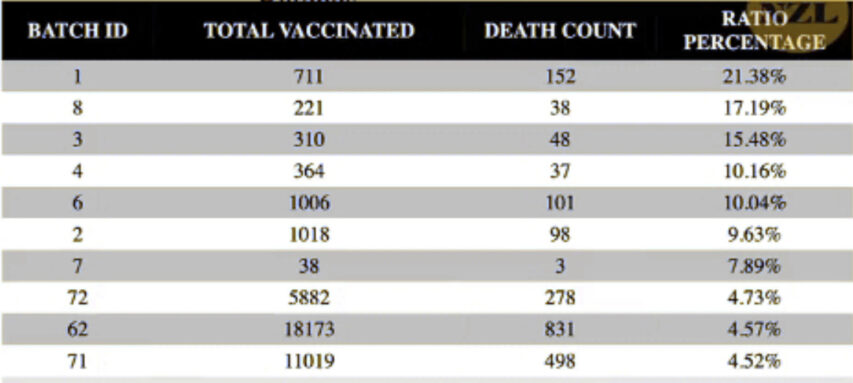
I suppose it would be possible to argue that all 711 jabs of Batch #1 were administered to residents of the Shady Acres Retirement Home for Centenarians with Stage Four Ebola. But it’s difficult to make the same case with Batch #62 which went into the arms of 18,173 New Zealanders and killed 831 of them. Which, all by itself, is two hundred times the country’s official death toll from the vaccines. Which is to say, according to His Majesty’s Government in Wellington, precisely four Kiwis are dead of the vax.

